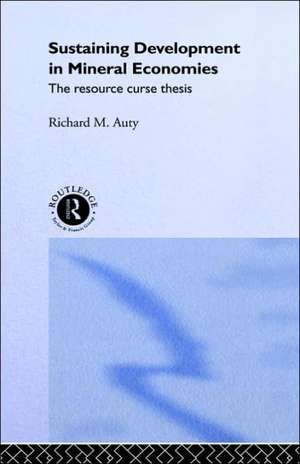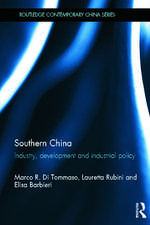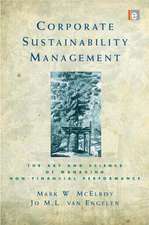Sustaining Development in Mineral Economies: The Resource Curse Thesis
Autor Richard Autyen Limba Engleză Hardback – 22 apr 1993
In Sustaining Development in Mineral Economies, Richard Auty highlights these drawbacks and the devastating effect they can have on developing economies. With reference to six ore-exporters (viz. Peru, Bolivia, Chile, Jamaica, Zambia and Papua New Guinea) he outlines how things can go badly wrong. He particularly stresses the need to avoid `Dutch Disease' whereby competitiveness is drained out of the agriculture and manufacturing sectors so that in the long term growth falters.
Preț: 1274.92 lei
Preț vechi: 1554.78 lei
-18% Nou
Puncte Express: 1912
Preț estimativ în valută:
243.95€ • 255.39$ • 201.86£
243.95€ • 255.39$ • 201.86£
Carte tipărită la comandă
Livrare economică 07-21 aprilie
Preluare comenzi: 021 569.72.76
Specificații
ISBN-13: 9780415094825
ISBN-10: 0415094828
Pagini: 284
Dimensiuni: 138 x 216 x 19 mm
Greutate: 0.52 kg
Ediția:New.
Editura: Taylor & Francis
Colecția Routledge
Locul publicării:Oxford, United Kingdom
ISBN-10: 0415094828
Pagini: 284
Dimensiuni: 138 x 216 x 19 mm
Greutate: 0.52 kg
Ediția:New.
Editura: Taylor & Francis
Colecția Routledge
Locul publicării:Oxford, United Kingdom
Recenzii
`... a most welcome contribution to the applied economic geography of developing countries.' - Dr Robert Gwynne, University of Birmingham
Cuprins
List of figures and tables, 1 THE RESOURCE CURSE THESIS AND MINERAL ECONOMIES, Part I: Coping with mineral price downswings, Part II: Macro policy in four developing American countries, Part III: Sectoral resilience in the developing Americas, Part IV: Inter-cultural comparison, Part V: Conclusions and policy implications, References, Index
Descriere
This highlights the drawbacks of possessing natural mineral resources. These can quickly become a curse on the ore-exporting economies of developing countries leading to drainage of resources and the faltering of long term growth













